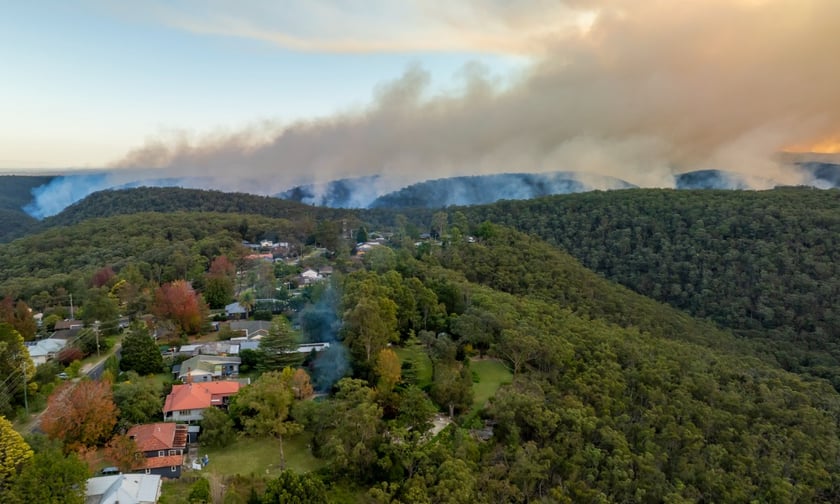

At the Pacific Islands Forum Leaders Meeting, New Zealand Deputy Prime Minister Winston Peters voiced scepticism about the extent of human influence on climate change, raising concerns over New Zealand’s future climate finance commitments.
The forum largely centred on the pressing climate-related challenges facing the Pacific region, with United Nations Secretary-General Antonio Guterres calling for urgent action.
While Guterres focused on the dire consequences of climate change, particularly rising sea levels and extreme weather events that he attributes mainly to human activities, Peters offered a different perspective.
Peters questioned the role of human-caused emissions in climate change, pointing to past natural disasters such as the 1930s Cyclone Gabrielle and a significant tsunami in 1968 as examples of severe weather events unrelated to recent human activities.
“Do I believe in climate change? The answer is for thousands and thousands and thousands of years there has been climate change,” he said, as reported by the Pacific News Service.
Peters’ stance contrasted sharply with the positions of other Pacific leaders and Guterres, who underscored the urgency of increasing climate action and financial support for vulnerable nations.
Leaders like Tuvalu Prime Minister Feleti Teo and Papua New Guinea Prime Minister James Marape expressed strong support for Guterres’ advocacy, stressing the need for developed countries to contribute more to help the region adapt to escalating climate risks.
New Zealand previously committed NZ$1.2 billion in climate finance for the period from 2022 to 2025. However, Peters’ comments, alongside recent budget cuts by the coalition government, indicate that the future of such funding is uncertain.
When asked whether the current level of climate finance would be maintained, Peters acknowledged the challenges but remained noncommittal.
New Zealand’s efforts to combat climate change has come under scrutiny.
The Climate Change Commission recently released a report assessing the nation’s adaptation strategies, concluding that current efforts are insufficient. It highlighted the need for a more proactive approach, as severe weather events like floods and wildfires have become increasingly frequent and costly.
To address these challenges, the commission recommended several measures, including:
These recommendations aim to strengthen the national adaptation plan introduced in 2022, which has faced criticism for its limited impact thus far.
Many New Zealanders are also increasingly concerned about the severity of climate-related events, according to a recent survey conducted by Ipsos Ltd for AMI, State, and NZI, one of the winners for the Best Insurance Companies for Claims in New Zealand.
The survey revealed that 65% of respondents believe more resources should be dedicated to mitigating climate risks, and a growing number expressed dissatisfaction with the government’s current climate policies, with the majority rating them as inadequate.
The rising financial and social impacts of climate change have also brought the insurance industry into focus. According to the survey, nearly 70% of respondents identified natural disasters as a major factor driving up insurance premiums. Additionally, 61% of those surveyed suggested that reducing risks from climate hazards should be prioritized to manage rising costs.
